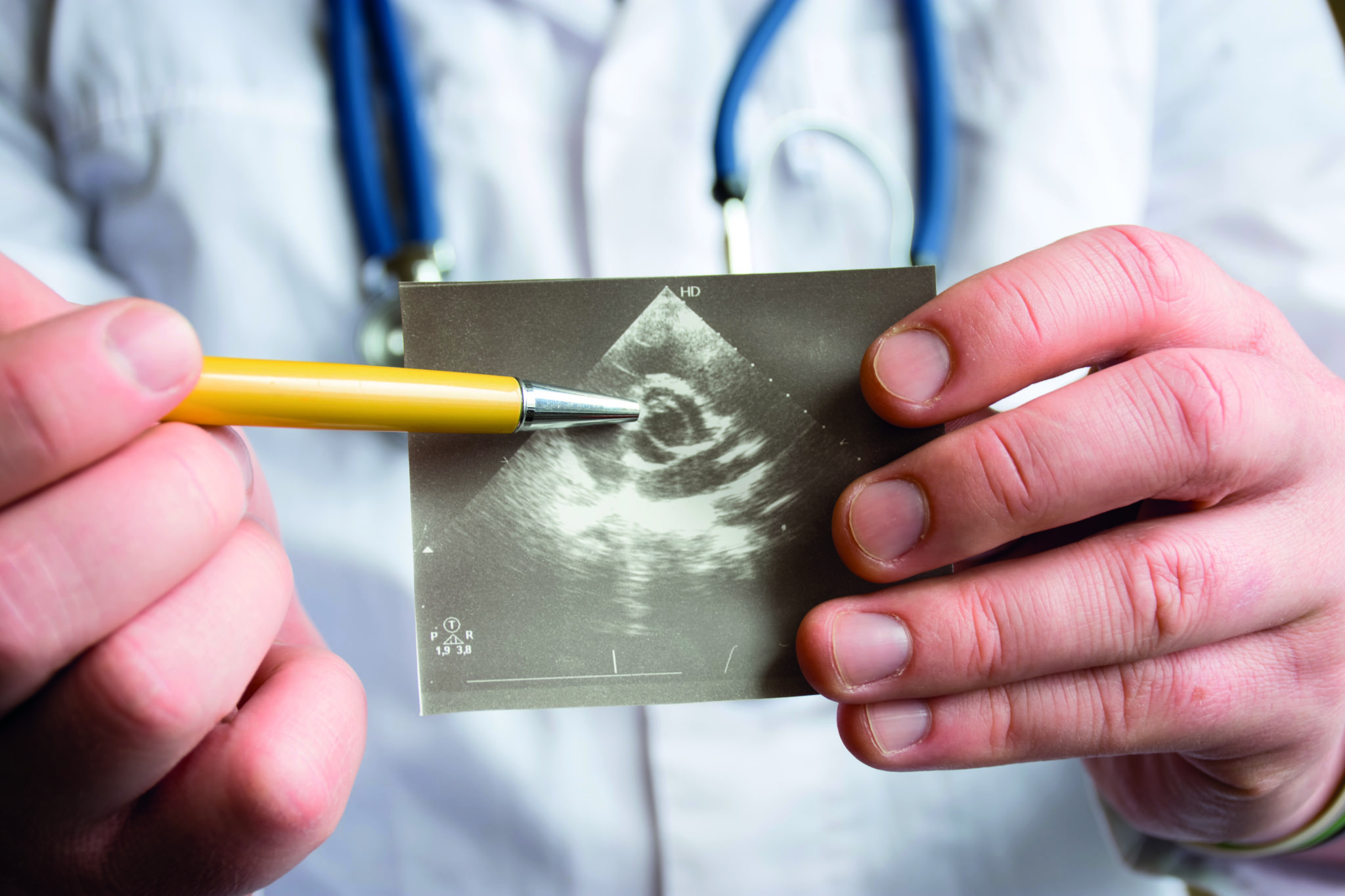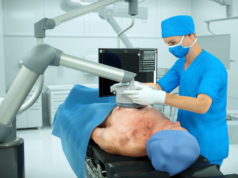
Edwards Lifesciences has announced new scientific evidence presented during the 2025 American College of Cardiology (ACC) scientific session (29–30 March, Chicago, USA), addressing the critical needs of patients with structural heart disease.
New data presented at ACC underscore the importance of urgently referring patients to a heart team for evaluation once diagnosed, the company says in a press release. These include findings from the randomised, controlled DETECT AS study, the first to evaluate the impact of automatic electronic provider notifications (echo alerts) for patients with severe aortic stenosis (AS).
In this trial involving 939 patients and 285 physicians, those who ordered an echo for severe AS were randomised to either receive an echo alert describing treatment guidelines or no notification. The findings revealed echo alerts increased aortic valve replacement (AVR) treatment rates by 11% for all patients with severe AS, and 14% for symptomatic severe AS patients. Echo alerts also significantly improved AVR treatment rates among older patients and women, thereby reducing age and gender disparities. The results were simultaneously published in Circulation.
“These data illuminate the persistent under-referral and under-treatment of severe AS patients and the significant impact a critical echo notification can have on improving treatment of this deadly disease,” said Sammy Elmariah (University of California, San Francisco, San Francisco, USA).
Additional insights from the EARLY TAVR trial were also presented at ACC. The EARLY TAVR trial was the first randomised, controlled US Food and Drug Administration (FDA) pivotal study designed to determine the best strategy for treating asymptomatic severe AS and the benefits of timely intervention with transcatheter aortic valve implantation (TAVI).
The data were published in the New England Journal of Medicine and demonstrated that asymptomatic severe AS patients randomised to TAVI with the Edwards Lifesciences Sapien 3 valve experienced superior outcomes compared with guideline-recommended clinical surveillance (watchful waiting), with no clinical penalty for timely intervention.
The new study presented at ACC evaluated outcomes of patients treated in the EARLY TAVR trial segmented by the severity of their signs and symptoms once they converted to AVR. These data reiterate that watchful waiting is not an effective strategy for the management of severe AS.
In addition, it was hypothesised that cardiac biomarkers may be predictive of the best time for severe AS patients to go from watchful waiting to receiving treatment. Another new study presented at ACC showed that biomarkers were not predictive, further underscoring the rapid and unpredictable progression of the disease and urgency to refer patients to a heart team for evaluation and treatment. Results of the biomarkers study were simultaneously published in Circulation.
“The data from these new studies confirm that severe aortic stenosis is a complex disease and reiterate the need for urgent referral and evaluation of treatment for patients with or without symptoms,” said Larry Wood, Edwards’ corporate vice president and group president, transcatheter aortic valve replacement and surgical structural heart. “We remain committed to advancing high-quality science and delivering life-saving structural heart therapies for patients with our leading Sapien valve platform, which has been used to treat more than 1 million patients worldwide.”










